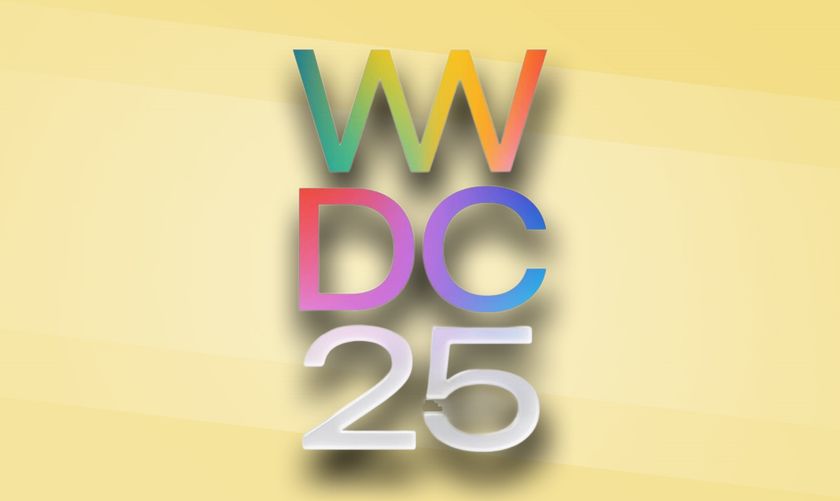Why Browser Dominance Matters
You could easily dismiss web browsers as playful software and prestigious products that are used as placebos for a company's success. But you'd be mistaken.
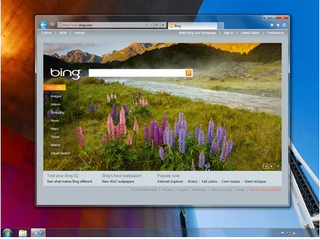
There are plenty of good reasons why Google is going after browser market share aggressively, why Mozilla is stepping up and following Google and there are good reasons to believe that Microsoft's IE may be caught between the wheels and endanger Microsoft's future product strategy. In fact, the underlying technology in Chrome will be critical to Google's success and IE's technology and reach will largely define Microsoft's product plans and flexibility in the next decade.
I will use a very recent example to make my point. Google recently unlocked its SPDY HTTP replacements and extensions, which now works in any available version of Chrome as well as all Google properties (I am not aware of any other sites, even if Google offers the code for free and said that it will open source it). It is essentially a way to reduce the latency that is built into HTTP and slow down the page loading time. It batches server requests and allows a server to act without having to wait for a client request. The effect are dramatically increased page load times on sites such as Gmail, Google Docs or even Adsense. You can try the feature by comparing Chrome to IE and Firefox and viewing the SPDY connections via chrome://net-internals (URL bar request).
While the feature will be made available to other browser makers, it showcases the power of fast-paced innovation and how a browser can take advantage of conceivably proprietary technology to accelerate websites - and services. The browser really isn't what we generally perceive it to be. It is not a primary application to navigate the web. It is merely an interface and toolkit that will act as an operating system to run applications and services. Imagine this: If Chrome is able to run cloud services much faster than IE, and if Google's service are fine-tuned to this capability, would you use IE? And, if that is the case, would you use Microsoft's cloud services, if Google Docs is comparable in its core feature set, but magnitudes faster than Office 365?
Google is not really hiding the fact that Chrome is an operating system. Chrome OS is virtually indistinguishable from Chrome for the user and there is little doubt that Google will be driving Chrome much deeper in the consumer space. For Google, the cloud strategy heavily depends on the reach and capability of Chrome. If Chrome can continue to gain market reach and market share, it will be easier for Google to establish itself next to Microsoft in highly profitable cloud services - especially in the productivity software segment.
Mozilla has an entirely different motivation. Market share and usage share directly translates into ad revenue and user revenue (sourced mainly from Google.) Mozilla will have a growing platform problem as the browser transition from a primary app to just an app on some devices and into a cloud OS surface for other devices. Mozilla does not have the platform it needs to build Firefox into an OS-like environment and may increasingly be seen as an alternative to IE and Chrome. However, Firefox is making the right move to develop Firefox on a faster pace, at least as far as perception is concerned, and keep the software fresh.
Microsoft, on the other hand, is giving confusing signals and I am not sure if Microsoft is developing a major strike in the background or if it is sitting on its laurels of IE9 - which would mean that IE10 won't be here before March 2013. It is clear that IE9 means a lot to Microsoft and its hardware acceleration engine has not been built just because Microsoft wanted to be nice to you and me. If Microsoft was smart, the engine is tied to Microsoft's upcoming cloud services, such as Office 365 as well as its Windows 8 App Store. It is an engine that is designed to run demanding and highly complex apps within your browser.
However, Microsoft made the decision to only support Windows Vista SP2 and Windows 7, which jeopardizes its overall market opportunity. The company's future depends on Windows XP - Windows 7 transitions more than we may be able to understand right now as the company moves more and more into a service and cloud model as well. IE7 and IE8 are virtually useless as cloud interfaces and IE9 is the key to success for Microsoft. Perhaps that is the reason that Microsoft highlighted the usage share of IE9 on Windows 7 - as this is what really counts for the company - and not the usage share on Windows XP or Vista. I remain cautious on IE9's overall opportunity, but from a software perspective, Microsoft cannot afford IE9 to fail.
Sign up to get the BEST of Tom's Guide direct to your inbox.
Get instant access to breaking news, the hottest reviews, great deals and helpful tips.
The platform game makes the browser an incredibly valuable element in the strategies of Microsoft and Google. Google is rumored to have given the new Chrome chief up to $30 - $50 billion as incentive to develop Chrome into a major force. If you think about the possible reward and Google's opportunity, that could be a reasonable investment. In the end, if you own the browser, and play a clever game, you will own the cloud.
Wolfgang Gruener is Director, digital strategy and content experience at American Eagle, where he specializes in strategic data analysis, user behavior models and information architecture (IA), as well as content strategy and governance. He was also Managing Editor of the website TG Daily and contributor to sites including Tom's Guide and Tom's Hardware.


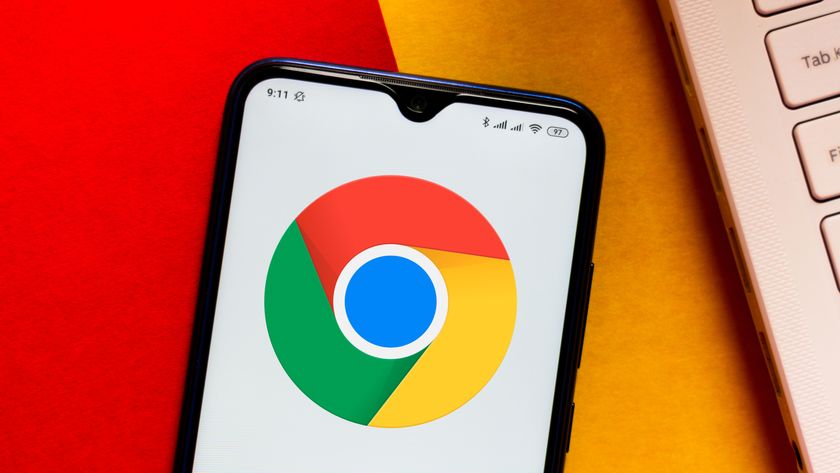

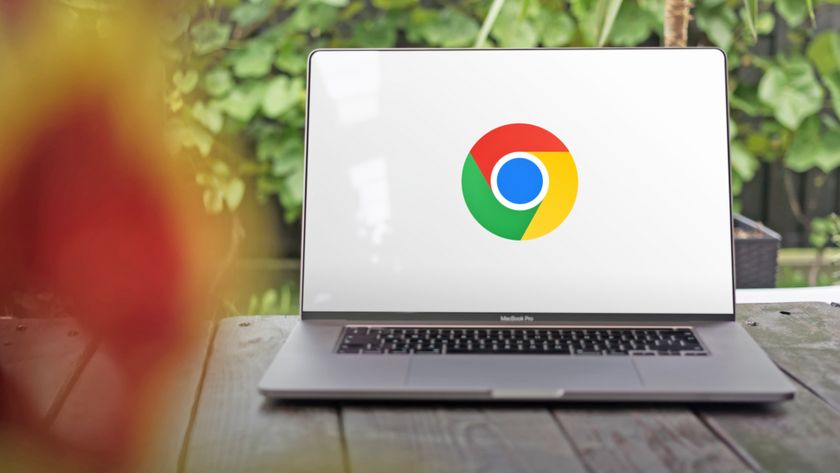


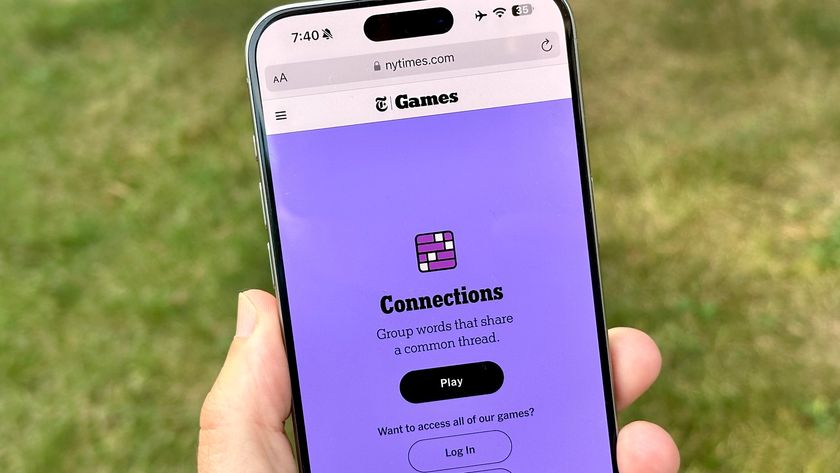


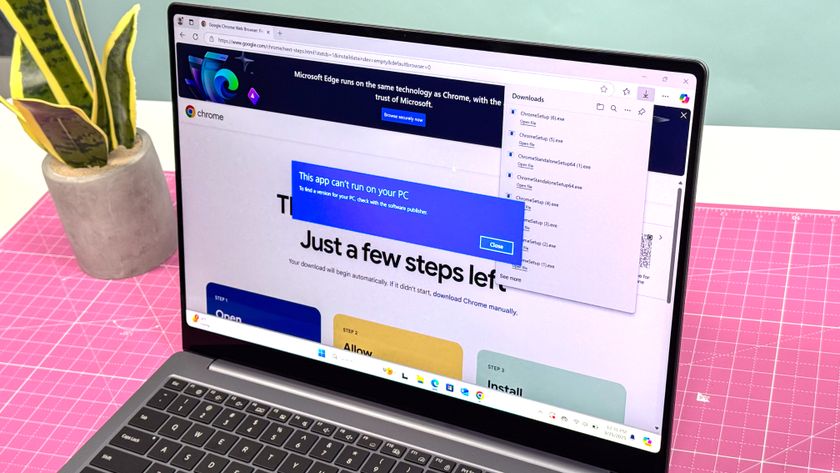

-
bustapr IE9 wont save microsoft, especially since most people have locked in their heads that IE is a bad browser. Im still not happy with it since it still crashes when opening a tab. Chrome is probably the most stable, and is headed in the right direction. FF is also going on well.Reply
microsoft has been stupid with their moves against the remaining XP users, and their strategies suck. -
Bolbi ReplyMicrosoft, on the other hand, is giving confusing signals and I am not sure if Microsoft is developing a major strike in the background or if it is sitting on its laurels of IE9 - which would mean that IE10 won't be here before March 2013.
Nope. Microsoft released the first IE10 Platform Preview today. Unfortunately for some, the preview only runs on Windows 7. Looks like they're speeding up the development cycle just like Mozilla, however. -
JamesSneed If the slowest of the major web browsers is still acceptable performance wise then its about everything other than performance. I firmly believe now that IE8 has been replaced by IE9 we are now at a point where features and compatibility matter more than performance.Reply -
beta tester The unanswered question is: Why does Microsoft continue to develop a web browser from the ground up?Reply
Why didn't Microsoft do what Google did. Take WebKit as a base, put a Microsoft interface on top, call it Internet Explorer 10, and save tens of billions of dollars in development?
But, unfortunately, Microsoft is resting on its laurels, as it always does. Mobile is where the action is, and mobile browser usage will exceed desktop browser usage. Mobile is everything. Yet Microsoft's Windows Phone 7 still runs the old IE7 mobile browser, which, like the story said, is useless as a cloud interface. -
Stryter internetladI use netscapeReply
I thoroughly enjoyed this comment. It gave me a fantastic chuckle. :D
+1 -
santeana "The effect are dramatically increased page load times on sites such as Gmail, Google Docs or even Adsense."Reply
This didn't make any sense to me at all lol. Why announce increased load times as a "feature" of something? lol
So I went and read the original article and it should say "increased page load performance". lol -
Manos The ironic fact that you forced me once again to use Firefox to post a comment on your site is rather pathetic. My visits at TH is limited cause I keep forgetting after LONG posts that when I press the SUBMIT MY COMMENT button the website of yours doesnt work with IE9. Its amazing that only TH has issues with the browser of my daily choise...Reply
For a website targeted mostly torwards hardcore PC users one would expect no such issues. And a basic one thats been there for months and months now. Noone at TH cares enough to fix this shit? Seriously... -
enforcer22 bustaprIE9 wont save microsoft, especially since most people have locked in their heads that IE is a bad browser. Im still not happy with it since it still crashes when opening a tab. Chrome is probably the most stable, and is headed in the right direction. FF is also going on well. microsoft has been stupid with their moves against the remaining XP users, and their strategies suck.Reply
Weird i use IE9 since beta and i haven't ever seen this crash. btw xp is dead its not ms's fault they still use a piece of software thats well beyond its years. and should have been shutdown long ago. But then again i never saw any of the issues others did with vista or 7 which i use both of. Same crap different OS i remember when XP came out and people tried to make 98 live forever to. Likely the same people that try and keep XP alive now.


